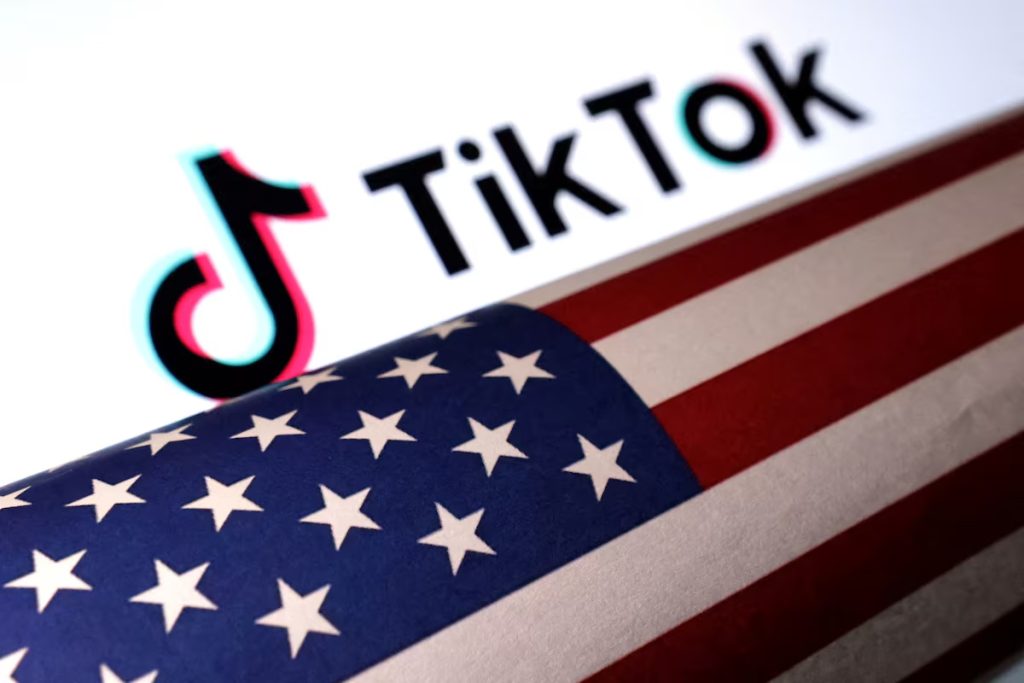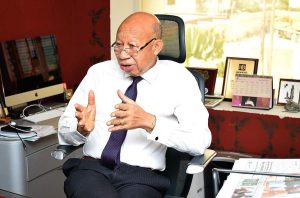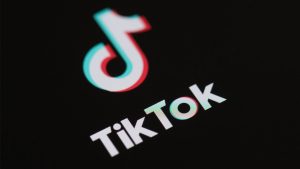
The US Court of Appeals for the District of Columbia is set to hear oral arguments on September 16 regarding lawsuits filed by TikTok, its parent company ByteDance, and several TikTok users. This case could significantly influence how the US government enforces new regulations on foreign-owned apps, especially in relation to national security concerns.
ByteDance and TikTok argue that the law mandating the app’s sale or shutdown is “a radical departure from this country’s tradition of championing an open Internet” and “sets a dangerous precedent,” according to court documents.
The legislation, passed swiftly through Congress, reflects rising fears among U.S. lawmakers that China could exploit TikTok to access or surveil American data. Despite the law’s urgency, ByteDance and TikTok emphasize that the legislation permits TikTok to operate until the end of the year, even during a critical election period. This timing, they claim, undermines arguments of an imminent national security threat.
TikTok’s legal team asserts that enforcing divestiture or separation from ByteDance would be complex and protracted. They also argue that the law unfairly targets TikTok, overlooking other apps with significant Chinese ties that collect U.S. user data.
Negotiations between ByteDance and the U.S. government reportedly ended abruptly in August 2022, with ByteDance claiming it had invested over $2 billion in a draft agreement to protect U.S. user data. The proposed agreement included a “kill switch” for the U.S. government to suspend TikTok’s operations if compliance issues arose.
TikTok lawyers criticized the current administration for preferring a shutdown over continuing negotiations for a secure agreement, which they conveyed in an April 1 email made public recently. The Justice Department, while declining to comment on this email, maintains that the law addresses critical national security concerns in a manner consistent with constitutional limits.
Previously, attempts by former President Donald Trump to ban TikTok and WeChat were blocked by courts. The White House’s current stance aims to end Chinese-based ownership of TikTok without enforcing an outright ban. President Trump himself has recently joined TikTok and expressed concerns about potential restrictions.
The law in question also restricts app stores from Apple and Google from offering TikTok and prohibits internet hosting services from supporting the app unless ByteDance divests it.








